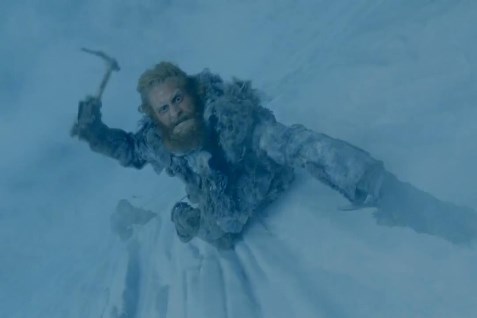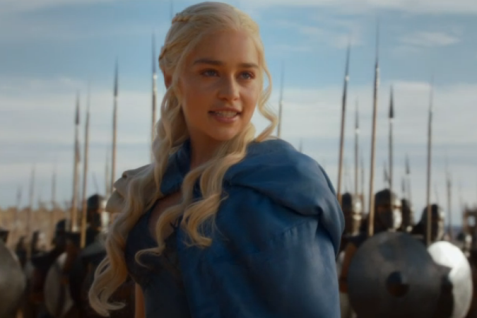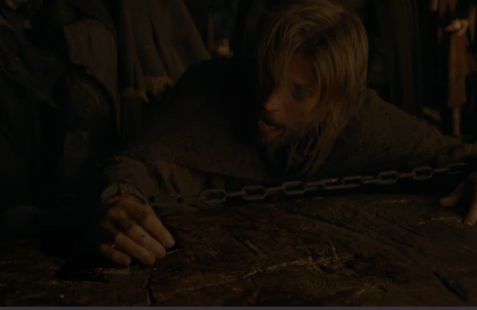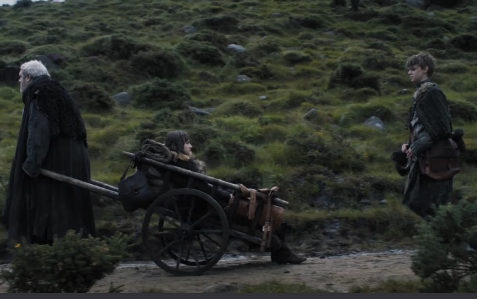Game of Thrones 3.08: Second Sons
SPOILER WARNING: Whether you’ve read all five books or only watch the series this post is for you. I have read the books (multiple times) but I will not go beyond the scope of the TV series (save a wink or a nod every now and then that only my fellow readers will catch on to). All events that have occurred in the TV show up to and including yesterday’s episode are fair game. You’ve been warned.
Note: With the biggest cast in television it can be hard to keep all the names and faces straight. Thus the first mention of each character contains a link to a picture of them which will open in a new tab.
As I’ve often discussed in the past, I generally try to find unifying theme in each episode of Game of Thrones and base my blog around it. Sometimes it’s hard, and takes a lot of pondering to find. Sometimes, as in “Dark Wings Dark Words,” there isn’t one to be found, as the episode is linked by graceful editing rather than a theme. Other times, as in “The Climb” or “Second Sons,” the writers are kind enough to put the theme right there in the title (although this week didn’t offer a Littlefinger soliloquy to put it in neon lights).
A lot of “Second Sons” is about, well, second sons. We’ve got the literal second-born male children, like Stannis and the Hound, as well as “second-class” sons like Gendry, due to being a bastard. Not to mention Tyrion, who fits into both categories. And how could we forget ol’ Samwell Tarly, a de-facto second son. Recall that Sam’s father stripped him of his birthright (in favor of his actual second son) and relegated him to the Night’s Watch despite his being the eldest.
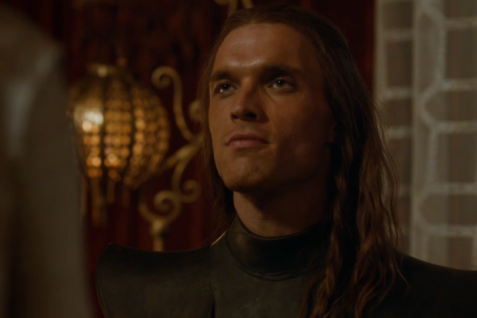
My Sword is Yours, My Life is Yours, My Heart is Yours
You can follow us on Twitter and Facebook for content updates. Also, sign up for our email list for weekly updates and check us out on Google+ as well.
Posted in: Television
Tags: Arya Stark, Barristan Selmy, Cersei Lannister, Daario Naharis, Daenerys Targaryen, Davos Seaworth, Game of Thrones, Game of Thrones blog, Gendry, Jorah Mormont, Loras Tyrell, Margaery Tyrell, Melisandre, Nate Kreichman, Samwell Tarly, Sandor Clegane, Sansa Stark, Ser Davos Seaworth, Stannis Baratheon, The Hound, Tyrion Lannister, Tywin Lannister

